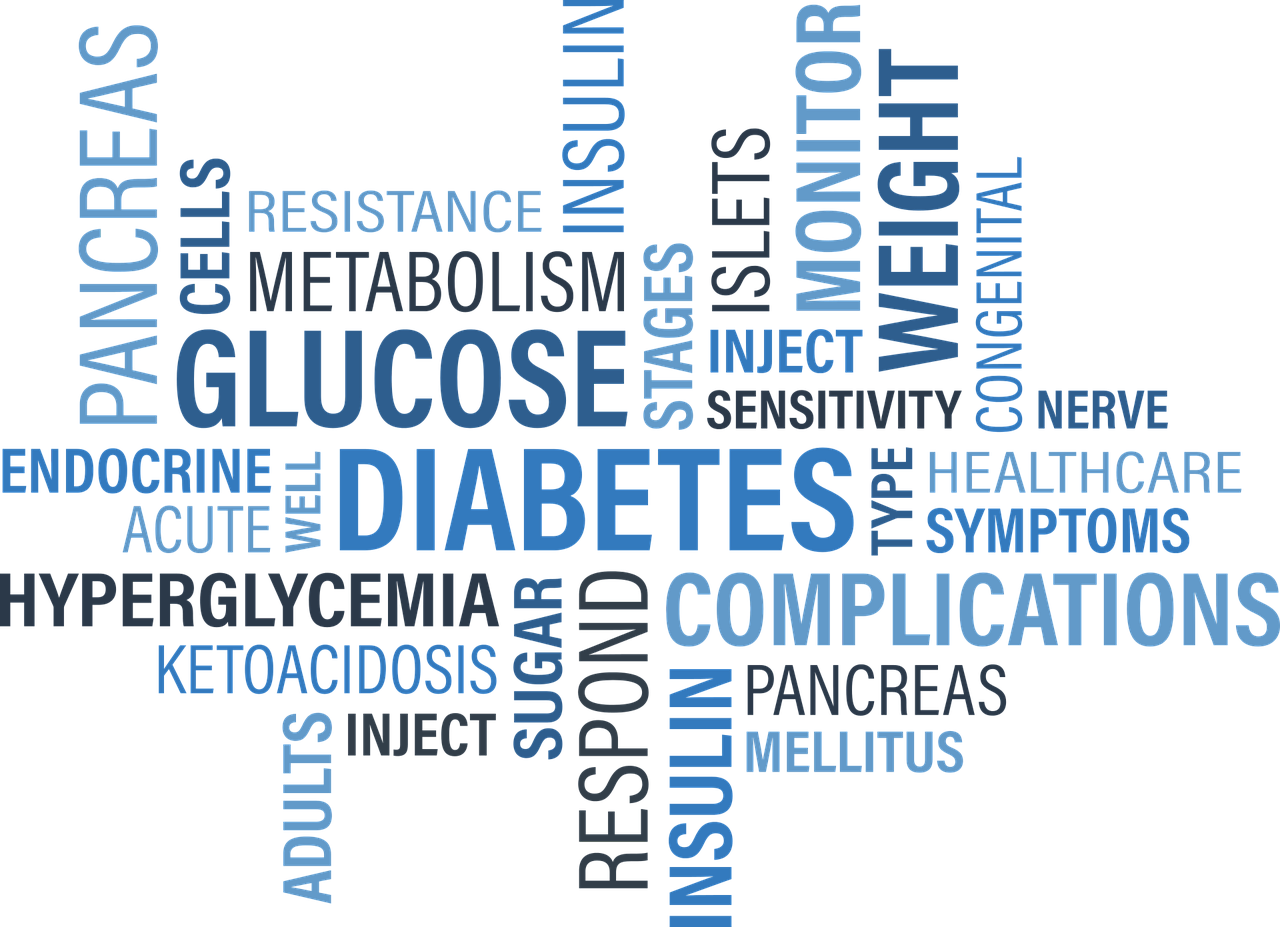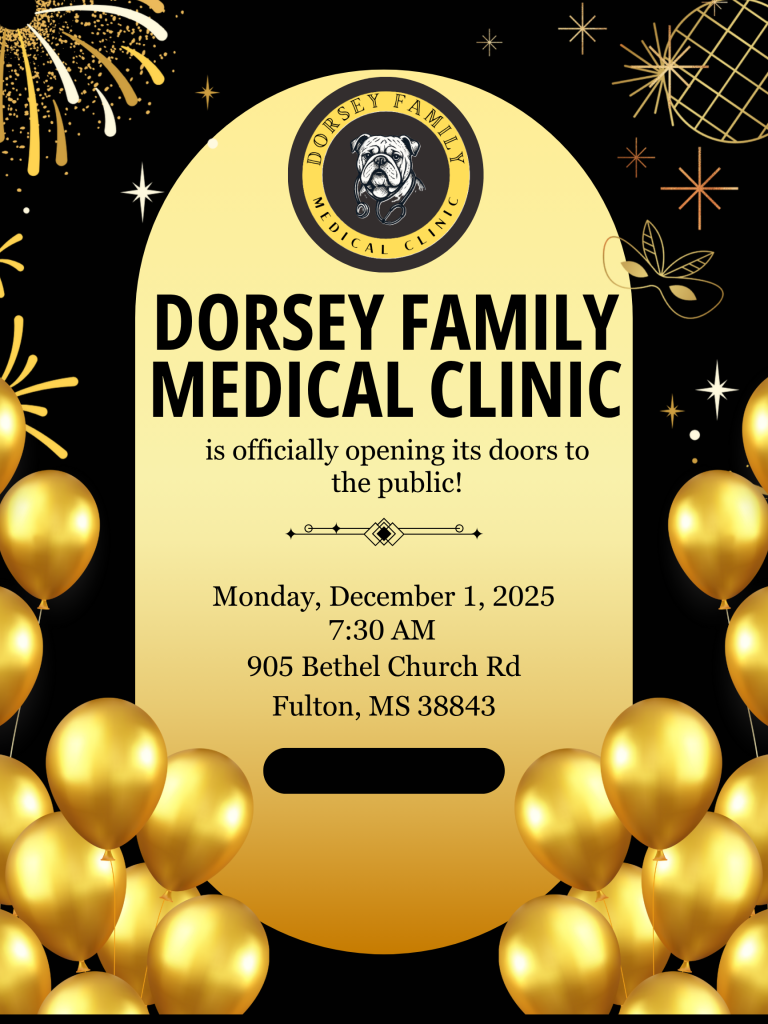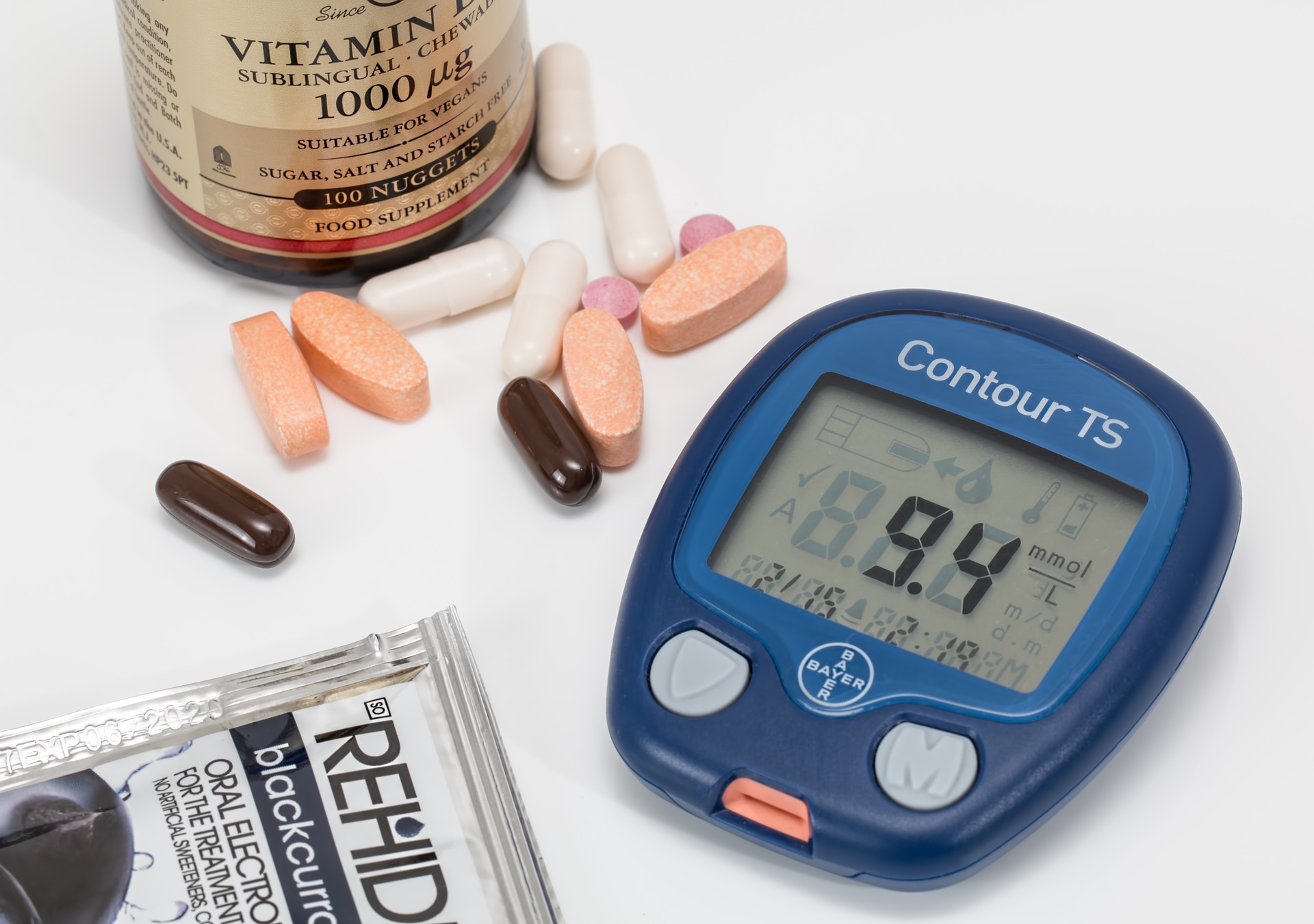
Diabetes occurs when your blood glucose, also called blood sugar, becomes difficult to regulate. Blood glucose is your main source of energy and comes from the food you eat. Insulin, a hormone made by the pancreas, helps your cells use the glucose that you eat. If you have diabetes or have a family history of diabetes, there are some symptoms you do not need to ignore.
Confusion, Dizziness, Anxiousness
Confusion, dizziness, and anxiousness can be symptoms of low blood sugar or hypoglycemia. People describe it as feeling anxious or nervous. Blood sugar that falls below 70 is too low. If left untreated it could cause you to pass out and require emergency medical treatment. If you experience symptoms of hypoglycemia, check your blood sugar. Is it less than 70? Eat 15 grams of carbs (4 oz of orange juice or 2 tablespoons of raisins). Wait for 15 minutes then check your blood sugar again. If you continue to experience symptoms, seek medical treatment.
Excessive Urination And Thirst
Excessive thirst and a consistent need to urinate could be signs that your blood sugar is too high. Over time, high blood sugar (hyperglycemia) can lead to serious complications such as kidney damage, heart disease, and nerve damage.
If you continue to experience episodes of high blood sugar, you may need to make lifestyle changes. Your medical care provider may also need to make adjustments to your treatment plan.
You can help prevent and treat high blood sugar by:
- exercising regularly
- eating a healthy diet
- taking your diabetes medications as prescribed
You need to seek medical treatment if your blood sugar levels remain high for a prolonged period of time. If left untreated, high blood sugar could lead to severe complications that need emergency care, such as diabetic coma.
Blurry Vision Or Pressure In Your Eyes
Uncontrolled diabetes can increase your risk for several eye conditions including diabetic retinopathy, glaucoma, and cataracts. If left untreated these conditions can lead to vision loss and eventually blindness. It’s important to have regular eye exams and report any concerns to your eye doctor between visits. If you experience a sudden change in vision or blurry vision, floaters, or pressure in your eyes, you need to see a medical professional.
Wounds That Don’t Heal
Diabetes decreases blood flow, and uncontrolled diabetes can result in poor circulation. This can prevent wounds from healing because nourishing blood cells can’t get where they’re needed. Wounds can turn into ulcers and sores that could become infected. And if they get serious enough, infections may require amputation. Regularly inspect your body, especially your feet, for cuts or bruises and treat them immediately, before they have a chance to worsen. See a medical care provider if your wound becomes infected or doesn’t heal.
Numbness in Your Limbs
Lack of circulation can cause nerve damage (Neuropathy) especially in your limbs. Diabetes complications can prevent you from feeling hot, cold and injuries to your feet. Always wear good fitting shoes, inspect your limbs down to each toe and the soles of your feet every day, and seek medical attention for problems that won’t go away.
If you are borderline diabetic, diabetic, or just have questions about diabetes, give us a call at 662-282-4226. We’ll happily answer any questions you have and direct you to toresources to help you manage your diabetes.

 Ben Napier and his wife Erin, both Mississippi natives and graduate of Ole Miss, host the HGTV show
Ben Napier and his wife Erin, both Mississippi natives and graduate of Ole Miss, host the HGTV show  It’s estimated that 86 million Americans have high blood sugar. Prediabetes is a condition in which blood sugar is high but not high enough to be Type 2 diabetes. It should be a wakeup call since without intervention, prediabetes is likely to become Type 2 diabetes. It’s important to understand long term damage associated with diabetes such as heart, blood vessel, and kidney damage may have already begun. But it’s not too late to reverse the damage!
It’s estimated that 86 million Americans have high blood sugar. Prediabetes is a condition in which blood sugar is high but not high enough to be Type 2 diabetes. It should be a wakeup call since without intervention, prediabetes is likely to become Type 2 diabetes. It’s important to understand long term damage associated with diabetes such as heart, blood vessel, and kidney damage may have already begun. But it’s not too late to reverse the damage! If you have diabetes (Type 1 or Type 2,) now is the best time to talk to your health care provider about preventing and treating the flu. The flu can make chronic health problems like diabetes worse because diabetes can make the immune system less capable of fighting illness.
If you have diabetes (Type 1 or Type 2,) now is the best time to talk to your health care provider about preventing and treating the flu. The flu can make chronic health problems like diabetes worse because diabetes can make the immune system less capable of fighting illness. 
